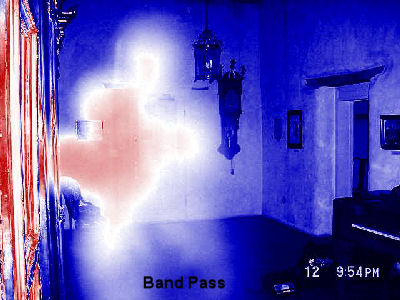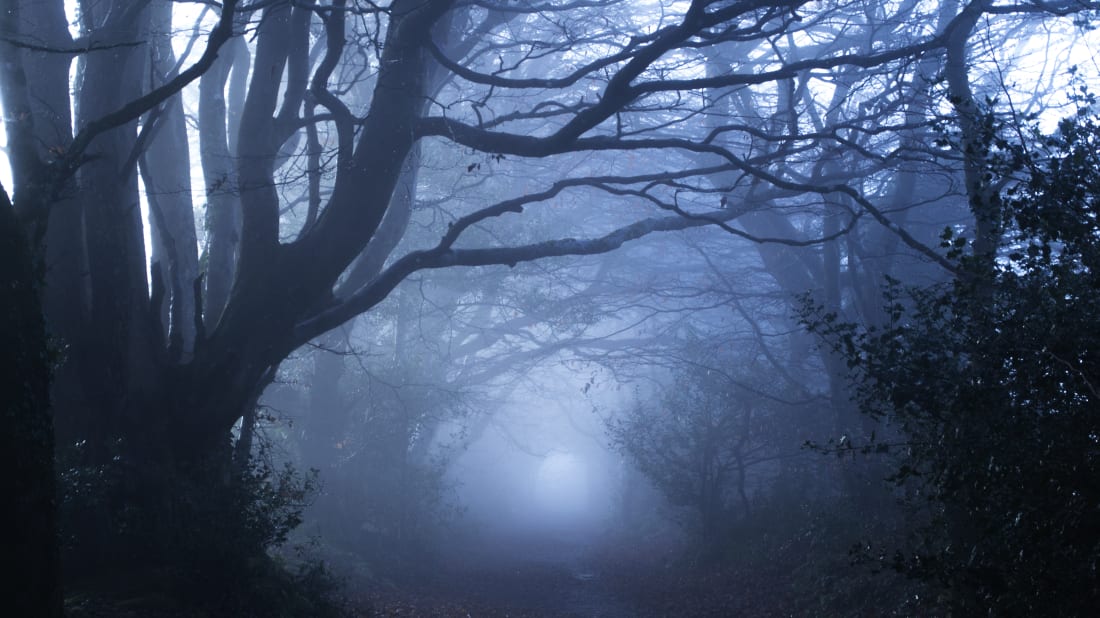The Self and its source
So class, today I want you all to go read the following article. It’s okay, I’ll wait for you to get back. G’wan now, git! Don’t come back till you’ve read it. Rare neurological patient shows that self-awareness does not require a complex brain. There. Read it? Good. There will be a quiz after class. … Read moreThe Self and its source

